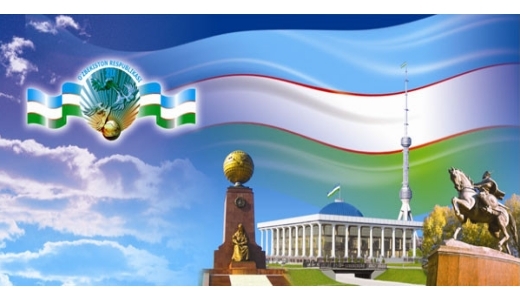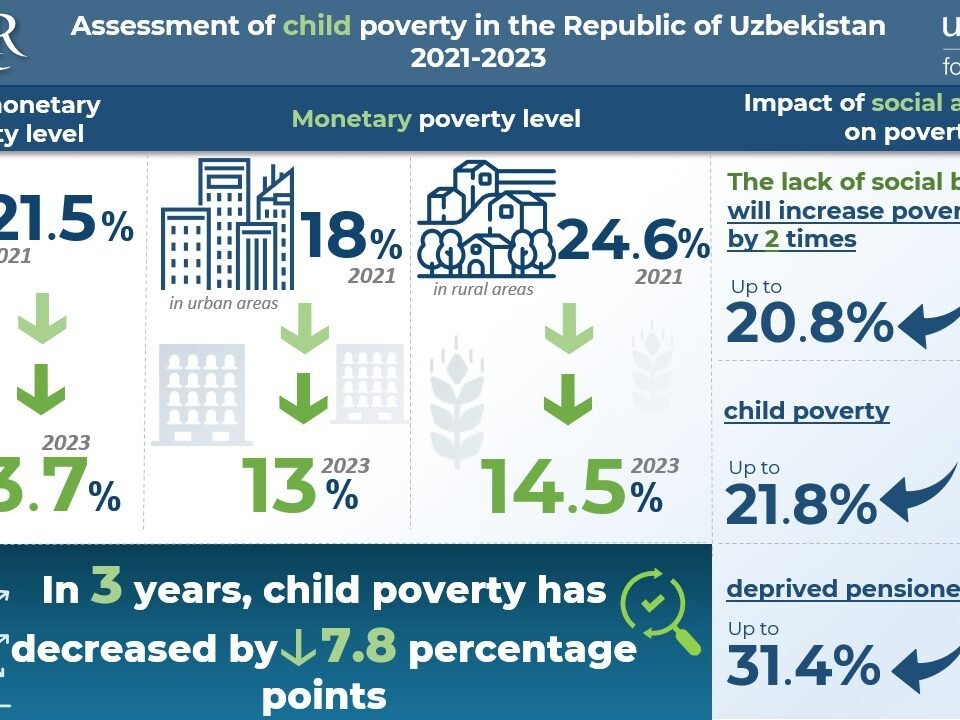The Strategy for Actions on the development of Uzbekistan in 2017-2021 provides for the advancement and adoption of 17 laws in the field of state and public construction.
This year, the drafts of the concept of administrative reforms and measures for their realization, the laws “On the basics of public administration”, “On administrative procedures”, “On state power in places” and others will be developed as a part of the State Program “Year of Dialogue with the People and of Human Interests”. The development of the law “On public service” in the near future was included in the state program as a separate paragraph.
According to experts, the existing documents regulating the activities of civil service do not fully meet the requirements of today, do not cover the whole complex of issues and do not define common legal standards and administrative-management practices. Among the problems affecting the efficiency of civil servants, experts also note the low level of the modern technologies usage, the absence of integrated personnel policy, the inconsistency of the social and legal status of the public servant with the degree of responsibility assigned to them.
In addition, the legal framework in this area lags far behind the “e-government” system evolving with seven-league steps, the advancement of a range of public services and administrative procedures which in turn directly depend on the state service and the qualifications of employees.
In the current legislation, there are several concepts for designating the personnel of public authorities which vary greatly in scope. The list of public servants which was stated in the government decree from July 3, 1997, contained a number of posts of employees for the ministries and departments, hokimiyats (local administrations), courts, self-government bodies and the prosecutor’s office, but the government decree from March 2, 2016, means only employees of hokimiyats, ministries and departments as civil servants.
The legislation also regulates the activities of elected officials. For example, the status and powers of the deputies of the Legislative Chamber and members of the Senate of the Oliy Majlis, the deputies of the Kengashes of people’s deputies of the region, district and city shall be determined. A number of laws define the status of individual state bodies – “On the Cabinet of Ministers of the Republic of Uzbekistan”, “On the public prosecutor’s office”, “On the courts”, “On the state tax service”, “On the state customs service” and others.
“At present, the selection, system of appointment and promotion to higher positions, formation of the personnel reserve, certification of employees do not have unified approaches and are regulated by intradepartmental documents that are inaccessible to the public”, said an independent expert Mirzohid Karshiyev. “At the same time, some state agencies clearly specify the procedure for entering work, including on a competitive basis, for example, in the State Tax Committee. Such approach not only provides an opportunity to make an objective decision, choose the most qualified candidate, create a database for the personnel reserve, but also provides equal opportunities for citizens to work.”
According to the experts, this approach should become one of the points of a single standard for admission to the state service and have a legislative basis.
There is also a need for more detailed regulation for the process of appointing or coordinating candidacies by authorized bodies in ministries and departments, securing its openness. The main tool for personnel assessment is a staff attestation. It identifies the necessity to better the professional and managerial knowledge, suitability of the position, potential for further promotion. The practice shows the need to introduce the qualification assessment of specific indicators in the system which is linked to the provision of public services and the achievement of practical results. At the same time, for example, the population surveys yield good results.
In the current system of public service, the rotation mechanism – the movement of officials horizontally within the state bodies is not sufficiently regulated. In addition, despite the existence of a common tariff scale for state employees, there are a large number of departmental differences and exceptions which significantly influence the final size and level of salaries for officials. And unified approach and common standards are necessary here.
Qualitative changes will not take place in the field of state administration without the creation of an effective preparation system of the personnel who are independent, with a new way of thinking, responsible, self-starter, owned advanced management methods, honest, loyal to their homeland and the people.
Modernization of the public service is very topical for our country. It is a part of the fundamental reform of the public administration system.
(As part of social order of the Oliy Majlis Public Fund for the Support of NGOs and Other Civil Society Institutions)


























